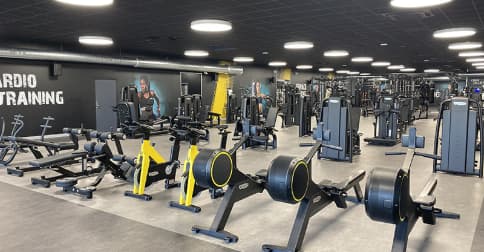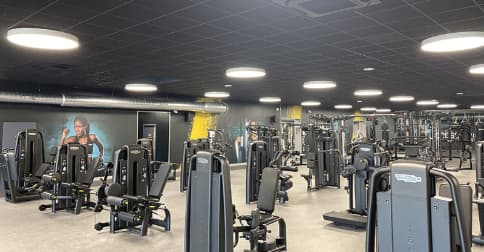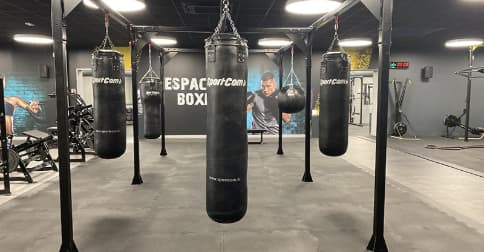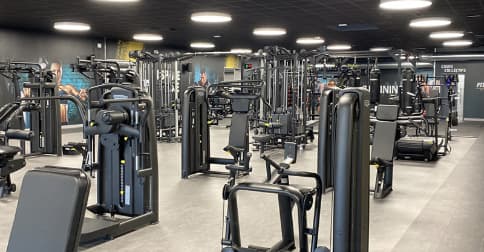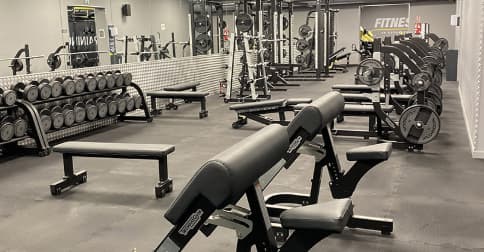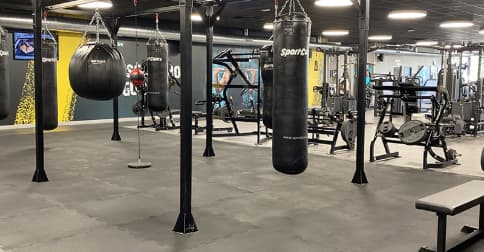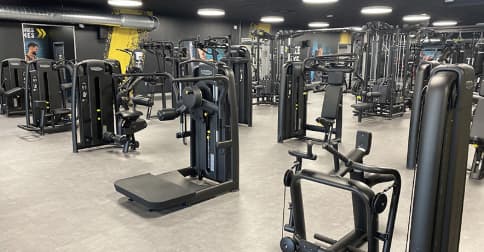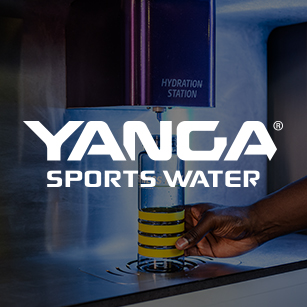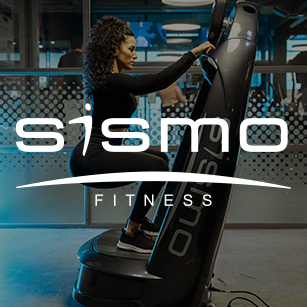Découvre le club Fitness Park Jurançon situé à proximité de Pau, dans la ZAC de Beaugency. Réparti sur plus de 1400m², le club t’offre un large choix d’activités et d’équipements Technogym pour t’entraîner efficacement : musculation, cardio-training, cours collectifs, cross-training et biking. Que ton objectif soit de te muscler, mincir ou te remettre en forme, Fitness Park t’accompagne dans ta réussite personnelle. Comment accéder à la salle de sport de Pau/Jurançon ? Bus 14. INFORMATIONS PRATIQUES SERVICES DU CLUB LES POINTS FORTS *En supplément Le club de sport Fitness Park Jurançon situé à l’ouest de Pau, t’accueille sur 1400m² d’espace de pratique : musculation, cardio, cours-collectifs, cross-training, biking. Plus de 80 machines et équipements Technogym, disponibles en libre accès 7J/7 - de 6h à 23h. Retrouve des coachs sportifs disponibles pour tous tes entraînements. Retrouve un espace de 370m² pour tes séances. Des programmes de base aux plus complexes, la salle de fitness Fitness Park Jurançon est équipée de matériel de musculation dernière génération Technogym et Hammer Strength pour maximiser tes performances lors de tes entraînements. Débute la musculation dans les meilleures conditions. Nos machines de fitness à charges guidées te permettent d’évoluer pour atteindre tes objectifs fitness. Progresse avec une préparation physique millimétrée, dans un espace conçu parfaitement pour tes entraînements. Entraîne-toi aussi comme un athlète. Retrouve des équipements de musculation à charges libres performants pour développer ta masse musculaire. Travaille l’ensemble du corps et améliore ton renforcement musculaire dans l’espace dédié aux entraînements cardio. Entraîne-toi pour te remettre en forme, brûler un maximum de calories, perdre du poids et développer ton endurance. Fitness Park Jurançon met à disposition plus de 20 équipements de fitness et de cardio Technogym pour atteindre tous tes objectifs fitness : rameurs, vélos elliptiques, simulateurs d’escaliers ou encore tapis de course. Choisis l’excellence pour t'entraîner dans des conditions optimales ! Quel que soit ton niveau, nos coachs sportifs peuvent t’accompagner et te guider pour tes premiers entraînements. Réalise des séances circuit-training adaptées à ton objectif personnel pour rapidement progresser. Que tu sois à la recherche d’une meilleure forme physique ou d’une silhouette affinée, le cardio-training est la discipline à privilégier. Elle permet de tonifier les muscles et d’augmenter la résistance à l’effort. Pour compléter tes exercices cardio, utilise la plateforme d'oscillation SISMO présente dans le club Fitness Park Jurançon. Travaille ton cardio, tes cuisses, ton endurance, ta souplesse ou encore tes abdos grâce aux cours collectifs vidéos accessibles en libre-service sur écran géant. Varie tes entrainements et progresse à ton rythme grâce à une gamme de cours collectifs diversifiées : Body Pump, Body Combat, Body Balance, Sh’Bam, yoga ou encore pilate. Avec ton abonnement Fitness Park, tu peux accéder en illimité à tous les cours. Les cours collectifs sont le meilleur moyen pour reprendre le sport et te dépenser. Avec plus de 160 cours vidéos répartis sur l'ensemble de la semaine, tu peux réaliser tes séances à n’importe quel moment. A toi de choisir en fonction de tes objectifs et de tes envies ! En complément des cours vidéos, Fitness Park Jurançon, propose des cours encadrés par des coachs pour t'accompagner, te conseiller et te pousser dans tes retranchements. Enchaîne pull-up, push-up et burpees à force de détermination et d'abnégation. Créer des parcours d'entraînement personnalisés et réveille l'athlète qui sommeille en toi. Fitness Park Jurançon met à disposition et en libre accès, une box pensée pour pratiquer le cross-training en illimité. Retrouve barres de traction, kettlebells, rack à squat, TRX, box jump, wall-balls et powerbags pour des séances de cross-training intenses et variées. Mélangeant musculation, force athlétique et mouvement de gymnastique, le cross-training ne t’offre pas moins de 50 exercices différents pour brûler des calories et développer tes muscles. C’est la discipline par excellence pour une préparation musculaire et cardio à haute intensité. Quel que soit ton niveau, le cross-training est accessible à tous. Adapte tes séances d'entraînement selon tes objectifs. Accessible à tous, cette discipline en vogue te permet d'améliorer ta condition physique et tes performances en un temps record. Cet entraînement RPM de haute intensité est rythmé par une ambiance sonore qui t’accompagne pendant cette séance de vélo indoor, idéal pour te motiver. Conçu pour tous les pratiquants ayant des exigences sportives, l’espace spinning du club de sport Fitness Park Jurançon propose un équipement innovant dans un environnement totalement immersif. Dépense calorique et dépassement de soi garantie : le spinning est conçu pour brûler un maximum de graisses en un temps record : 600 calories/45 minutes. Défoule-toi et renforce tes capacités cardio-vasculaires au rythme de la musique. Grâce au Velo Indoor, tu affines tes cuisses, raffermis tes fesses et tonifies l’ensemble du corps : des résultats visibles en seulement un mois ! Nous proposons dans tous les clubs Fitness Park un espace Musculation, Cardio & Cross-Training afin que tu puisses venir t'entraîner dans les meilleurs conditions. Fitness Park te propose plusieurs offres au choix dès 19€/ 4 semaines* : Avec ou Sans Engagement avec l'offre classique, Access + et Ultimate et l'offre Jeunes. Découvre-les ! Grâce à ton Pass Ilimité tu peux t'entraîner dans tous les clubs de France, Portugal et DOM-TOM ! Découvre nos 200 clubs Le club de sport Fitness Park Jurançon est ouvert 7J/7, de 6h à 23h. Viens t'entrainer à n'importe quelle heure de la journée !SALLE DE SPORT Pau-Jurançon
Musculation, Fitness, Cours-Collectif, Cross-Training, Biking & Cardio-Training
06:00 - 23:00
Samedi 09:00 - 14:00
Dimanche 00:00 - 00:00
Fitness Park Jurançon
Club de sport, fitness & remise en forme
Parking gratuit
Climatisation
Casier de recharge téléphonique
Douche individuelle
Produit désinfectant
Wifi gratuit
Distributeur automatique
Musculation
Cardio training
Biking
Espace Abdos Stretching
Cours vidéo
Cross training
Espace détente
Station d'hydratation Yanga*
Plateforme Oscillante Sismo*
Equipements haut de gamme
Service de qualité
Libre accès dans tout le réseau
ACTIVITÉS
Espace Musculation
Conçu pour développer ta force
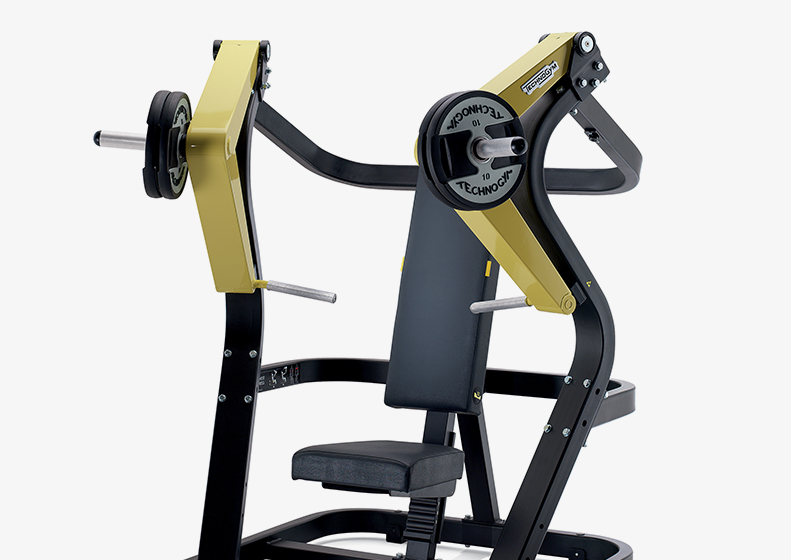
Espace cardio-training
Idéal pour te remettre en forme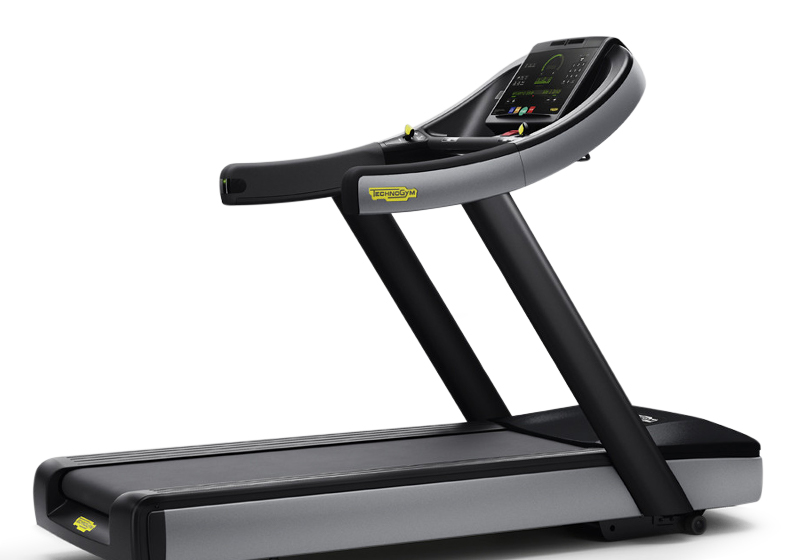
Espace Cours Collectifs
Plus de 160 cours disponibles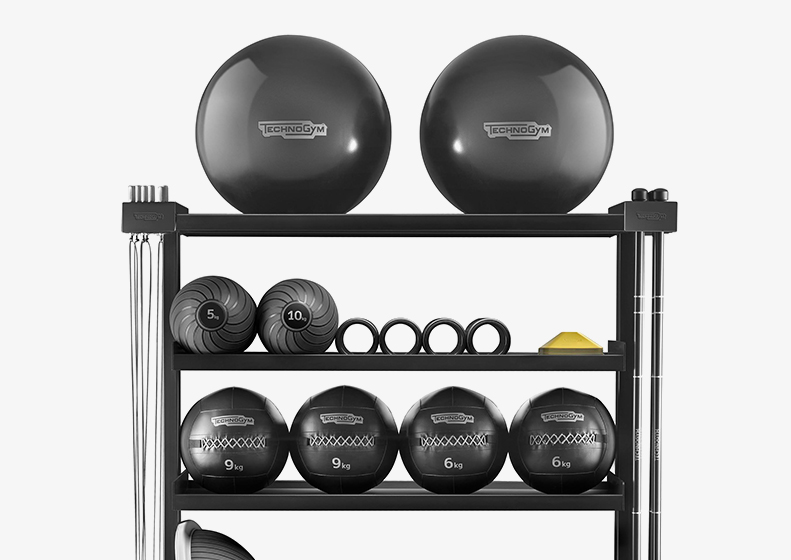
Espace Cross-Training
Repousse tes limites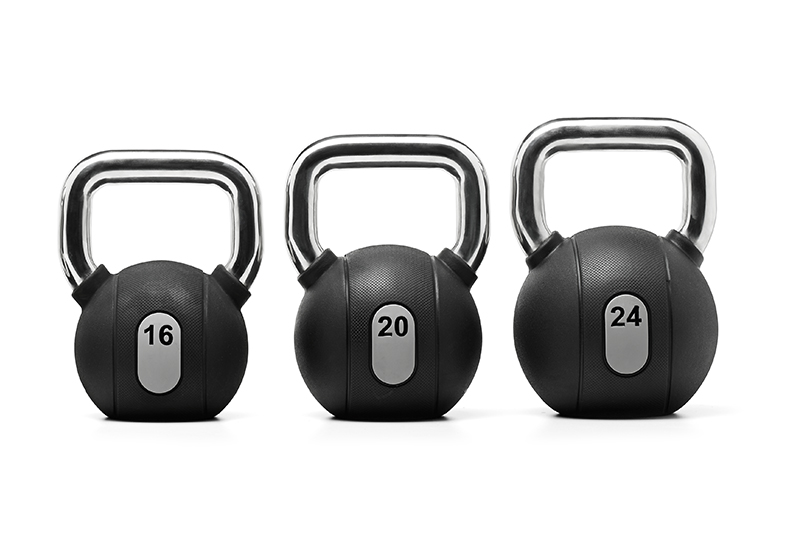
Espace Biking
Haute intensité assurée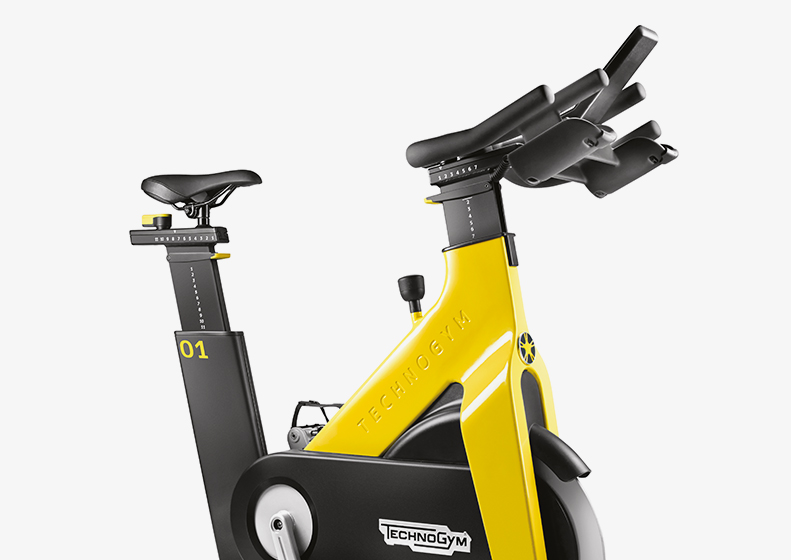
Questions &
RéponsesQuelles sont les activités proposées dans les clubs Fitness Park ?
Quelles sont les offres proposées dans les salles de sport Fitness Park ?
Est-il possible d'accéder à l'ensemble des salles Fitness Park de France ?
Quelles sont les horaires d'ouvertures de la salle de sport Fitness Park Jurançon ?
Pourquoi s’entraîner
chez nous ?
Fitness Park, la marque de fitness préférée des Français*
Un réseau de plus de 260 salles en France et à l'étranger
Espaces Cardio-Training, Musculation libre et guidée
Une communauté de passionnés !
Cage de Cross-Training et accessoires complets
Matériel haut de gamme et connecté
Cours collectifs vidéo exclusifs
Wifi gratuit
* Offre non cumulable valable pour toute souscription à un abonnement classic avec engagement d'un an soit 13 périodes de 4 semaines, hors l'adhésion de 30€ à l'inscription et la participation au renouvellement matériel de 9€ à régler une seule fois.
 Offre spéciale : Les 4 premières semaines à 19€
Offre spéciale : Les 4 premières semaines à 19€




